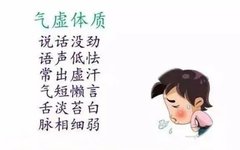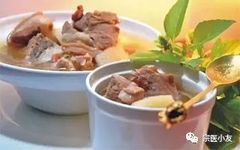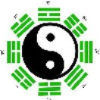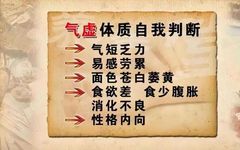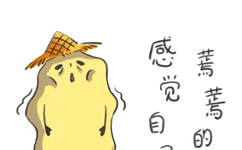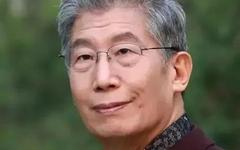Symptoms of Qi Deficiency and How to Regulate It
When consulting a Traditional Chinese Medicine (TCM) practitioner, the term “Qi deficiency” (qì xū) is often mentioned. Qi deficiency syndrome refers to symptoms such as pale complexion, shortness of breath, low voice, fatigue, breathlessness upon exertion, spontaneous sweating, poor appetite, loose stools, pale white tongue coating, weak pulse, and symptoms of spleen and lung Qi … Read more

